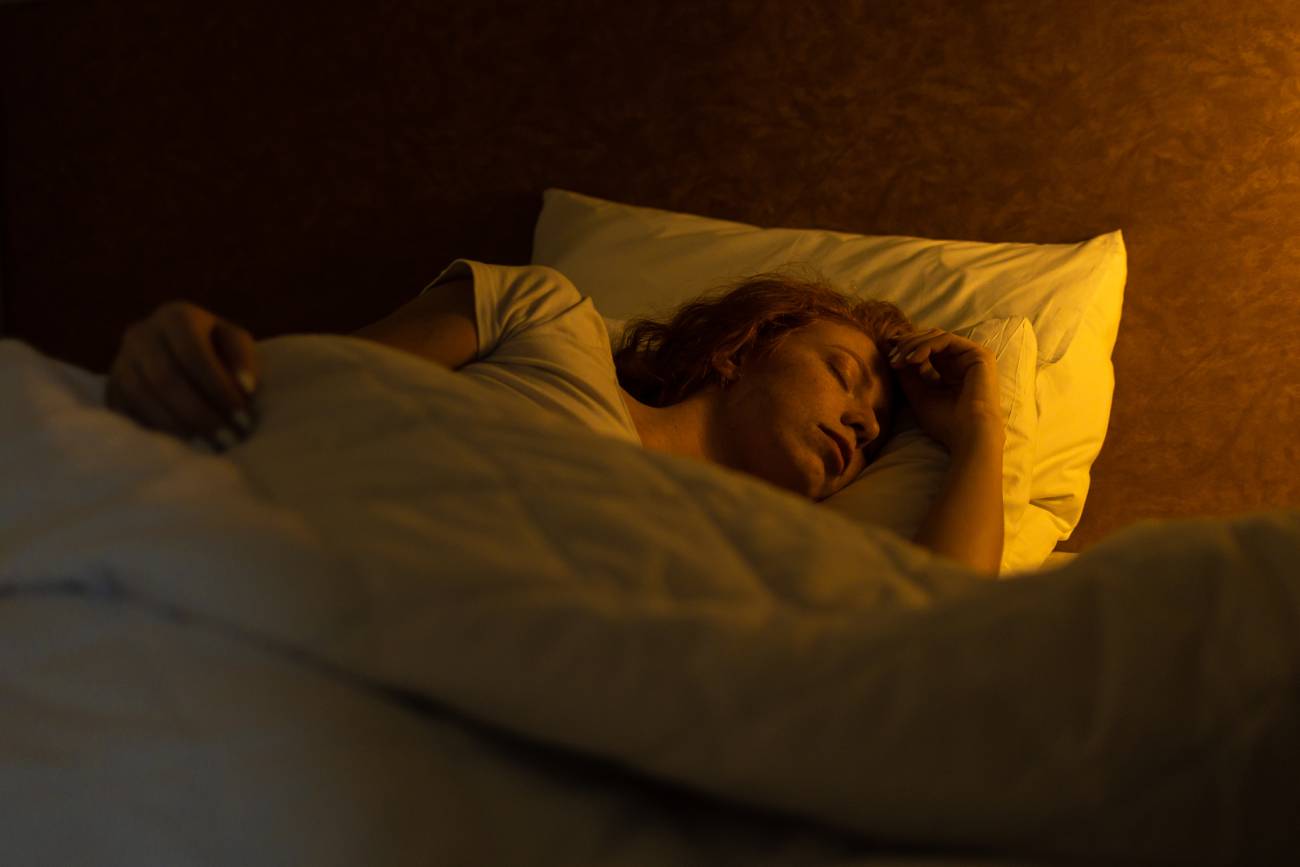Every night we go to sleep hoping to enter the unconscious state of sleep as soon as possible. This should be normal, but for some people it is not.
Insomnia is the most common sleep problem, estimated to affect one third of the population.
What is insomnia?
Insomnia is the inability or difficulty in falling or staying asleep properly, i.e. according to the needs of each person. It manifests itself in one of the following situations:
- Difficulty falling asleep.
- Waking up frequently during the night and having trouble falling back to sleep.
- Waking up suddenly in the morning earlier than usual.
- Not getting a good night's sleep and feeling that you have not had a good night's rest.
Causes of lack of sleep
Physiological changes: Ageing produces a number of changes in sleep patterns.
Lifestyles (circadian rhythm disturbances): when the sleep schedule does not coincide with what is considered normal (jet-lag, night shifts, etc.).
Pharmacological habits: there are several commonly used drugs that can cause insomnia (antihypertensives, anticholinergics, hormones, antineoplastics, etc.).
Psychological and organic pathologies: any chronic illness that produces symptoms of discomfort at night can cause night-time sleep impairment.
Consequences of lack of sleep
Rest is essential for the organism, with the aim of restoring the nervous system, the rest of the body's tissues, cellular energy, memory…
Mainly, sleep enables us to be able to have a satisfactory degree of alertness and attention during the day.
Therefore, lack of sleep can have consequences such as:
- Feeling tired all day with a lack of physical energy.
- Feeling daytime sleepiness.
- Difficulty in memorising.
- Spatial disorientation.
- Difficulty concentrating on daily tasks.
- Alterations in behaviour and emotions: anguish, depression or irritation.
Tips for a healthy and restful sleep.
- Not going to bed until you are sleepy.
- Wake up and go to bed at the same time every day.
- Limit daily time in bed to the time needed for sleep (7-8 hours).
- Do not watch TV, eat or read in bed.
- Associate bedroom space with rest.
- Eliminate the intake of substances that activate or stimulate the nervous system (caffeine, tobacco, etc.).
- Avoid long naps during the day.
- Do physical exercise, avoiding the last hours of the day because of their excitatory effect.
- Take baths of water at body temperature for their relaxing effect.
- Eat at regular times and avoid large meals close to bedtime.
- Practice relaxation exercises before going to bed.
- Eliminate alcohol as, although it induces sleep, it causes early awakenings and reduces total sleep time.
- Maintain adequate environmental conditions for sleep (temperature, noise, light, hardness of the bed, etc.).


